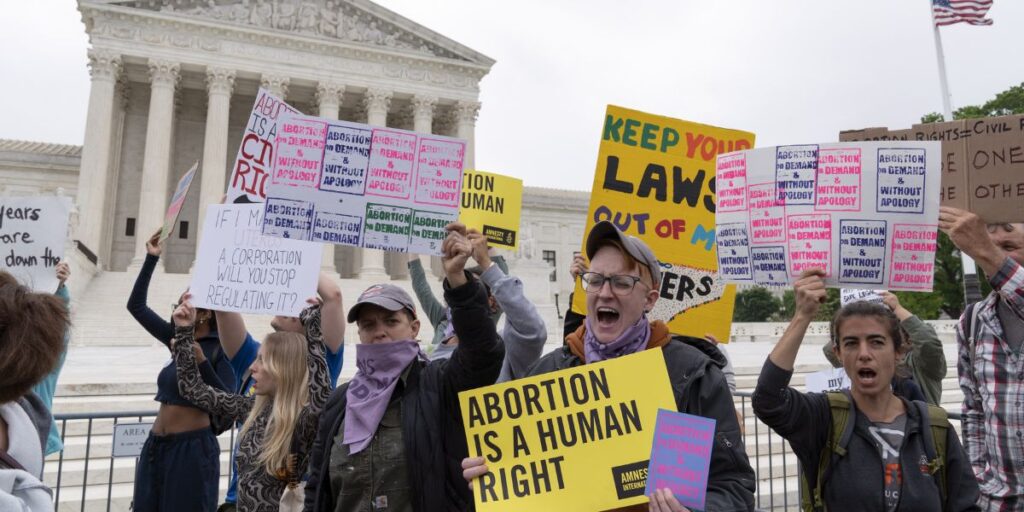As of 2025, abortion remains legal in Pennsylvania, but access is regulated by time limits, procedural requirements, and significant funding restrictions.
Ongoing legal challenges are reshaping the landscape, particularly concerning Medicaid coverage. Here’s a breakdown of key laws and developments affecting abortion in Pennsylvania today.
Current Legal Status
- In Pennsylvania, abortion is legal through the end of the 23rd week of pregnancy.
- After that point, abortions are permitted only if the pregnant person’s life or health is at risk.
- Both in-clinic procedures and medication abortion options remain available, with medication typically offered early in pregnancy.
Restrictions & Requirements
Pennsylvania law imposes the following mandates:
- A mandatory 24-hour waiting period after state-directed counseling before an abortion procedure may take place.
- Counseling must include specific information, including alternatives to abortion.
- Any individual under 18 must obtain parental consent or seek a judicial bypass.
- State law requires spousal notification for married minors unless exceptions, such as medical emergencies, apply.
Funding & Medicaid Coverage
- Pennsylvania restricts public funding of abortion to cases of rape, incest, or life endangerment only.
- No Medicaid expansion for abortion outside these circumstances, meaning most low-income residents must pay out-of-pocket.
- Private insurance is not mandated to cover elective abortions, though policy riders may exist.
Legal Challenges Underway
Top-Level Court Ruling
- In January 2024, the Pennsylvania Supreme Court declared that the Medicaid funding restriction is “presumptively unconstitutional” under the state’s Equal Rights Amendment, citing sex-based discrimination.
- The case was remanded to the Commonwealth Court to reexamine the law under stricter constitutional scrutiny.
- Oral arguments resumed in February 2025, and the Commonwealth Court has agreed to hear further briefs, including direct participation from the state.
Equal Rights Arguments
- The lawsuit asserts that the Medicaid restrictions unfairly burden pregnant people seeking abortion care because Medicaid covers childbirth-related expenses but not abortion.
- This selective coverage is seen by the court’s majority as infringing on reproductive autonomy and violating gender equality protections.
Access & Barriers
- Pennsylvania hosts roughly 17 abortion clinics, primarily in southeastern regions, including Philadelphia and Pittsburgh.
- Since neighboring states have tightened access, clinics in Pennsylvania have experienced increases in out-of-state patients from Ohio, West Virginia, and beyond.
- Obstacles like far distances, waiting periods, cost, and clinic availability create disparities in access—especially for rural and low-income individuals.
Final Takeaway
Abortion remains legal and accessible in Pennsylvania through the 23rd week, though numerous regulatory requirements and funding restrictions affect access.
The state Supreme Court’s pending review of Medicaid abortion funding under the state’s Equal Rights Amendment may bring significant changes—especially for low-income residents.
Until then, barriers such as mandatory wait periods, coverage limits, and clinic access continue to shape the practical availability of abortion care.




More Stories
2025 Pennsylvania Abortion Law: Key Rules, Restrictions & Changes
2025 Pennsylvania Abortion Law: Key Rules, Restrictions & Changes
2025 Pennsylvania Abortion Law: Key Rules, Restrictions & Changes